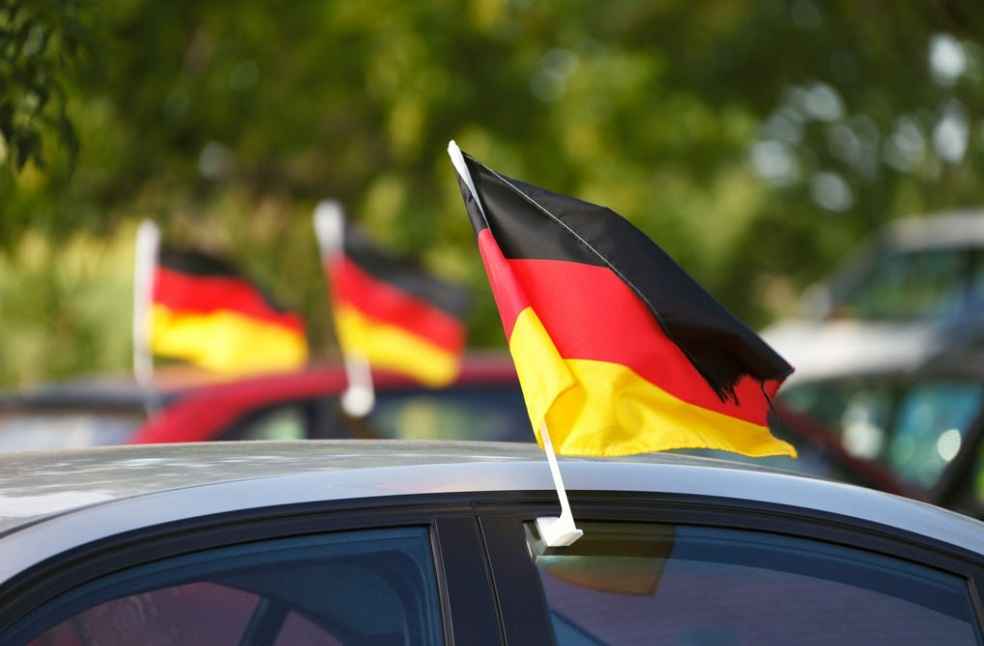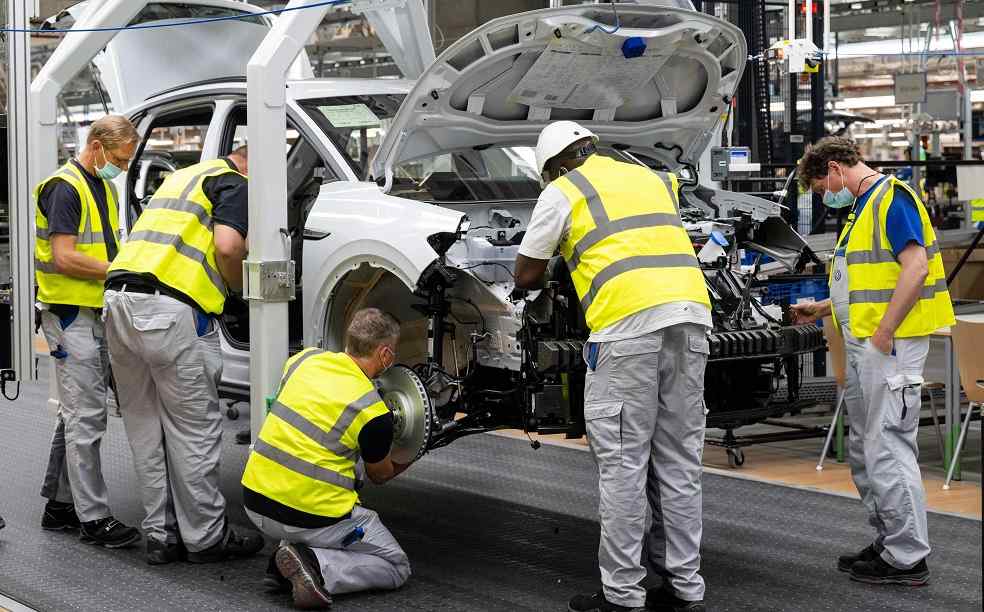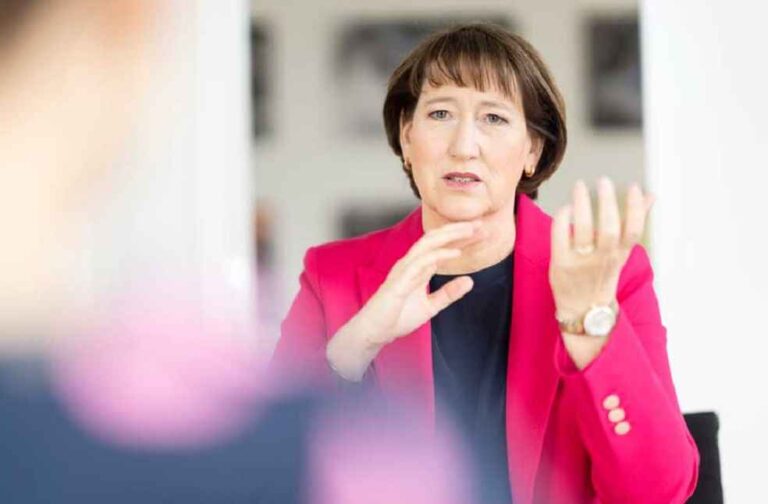The President of the German Association of the Automotive Industry (VDA), Hildegard Mueller, has called for urgent reforms to ensure the global competitiveness of Germany’s auto industry. Speaking at the VDA’s annual press conference, Mueller stressed policy and mindset shifts to sustain economic growth, achieve climate goals, and secure jobs in 2025.
“Our aim is to produce the best digital and climate-neutral mobility products in the world,” Mueller said, reinforcing the global reputation of German automotive brands.
From 2025 to 2029, German automakers are projected to invest €320 billion in research and development and €220 billion in plants and equipment. However, Mueller highlighted that an increasing portion of these funds is being directed abroad, threatening the domestic economy where 70% of automotive jobs depend on exports.

She stressed the need for reduced energy costs, noting that Germany’s electricity and gas prices exceed those of competitors like China and the United States, eroding the industry’s competitiveness.
Mueller called for a bold agenda prioritizing innovation, growth, and regulatory reform. She criticized Germany’s cumbersome hydrogen policy, which she said is stifled by excessive regulations, and urged for faster advancements in this critical technology.
Germany’s digital infrastructure also drew criticism, with Mueller pointing to outdated systems and slow regulatory processes. She identified artificial intelligence (AI) as a transformative technology for the sector, urging more flexible and efficient decision-making to harness its potential.

High tax burdens and bureaucratic hurdles were also targets for reform. Mueller advocated for the abolition of the solidarity surcharge, improved depreciation rules, and streamlined EU regulations to reduce strain on businesses.
The VDA forecasted modest growth in Germany’s passenger car market, with sales expected to rise by 1% to 2.8 million units, still 25% below 2019 levels. However, electric vehicle (EV) registrations are projected to surge by 53% to 873,000 units, with domestic EV production increasing by 24%. These figures would help Germany retain its position as the world’s second-largest EV producer.
Despite the challenges, Mueller expressed confidence in Germany’s ability to regain its competitive edge. “Germany has the talent, innovation, and potential to lead, especially in fields like AI. What is needed now is political action to unlock this potential,” she said.
TRENDING | Trump Rolls Back Biden’s 2030 Electric Vehicle Goal





